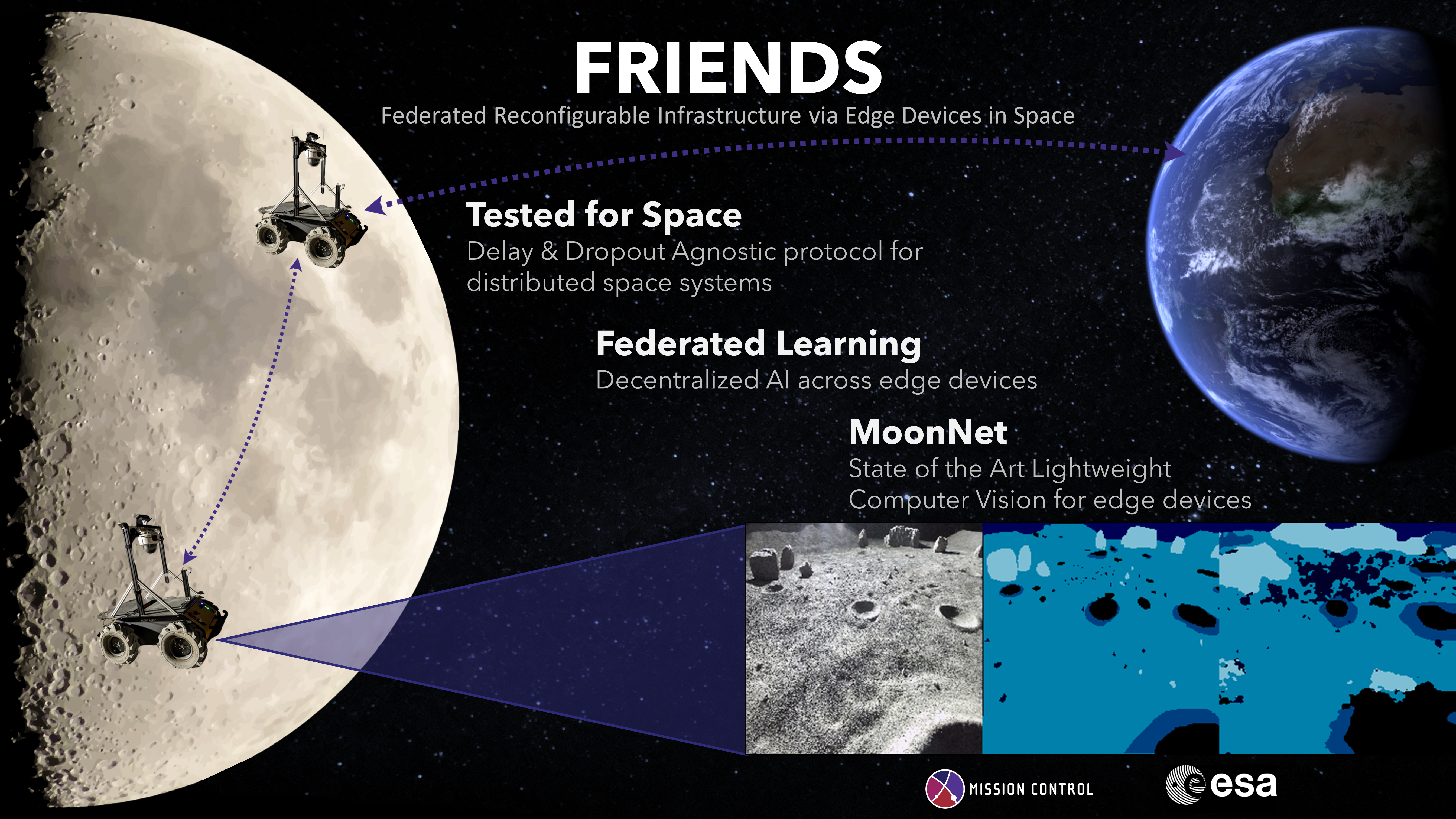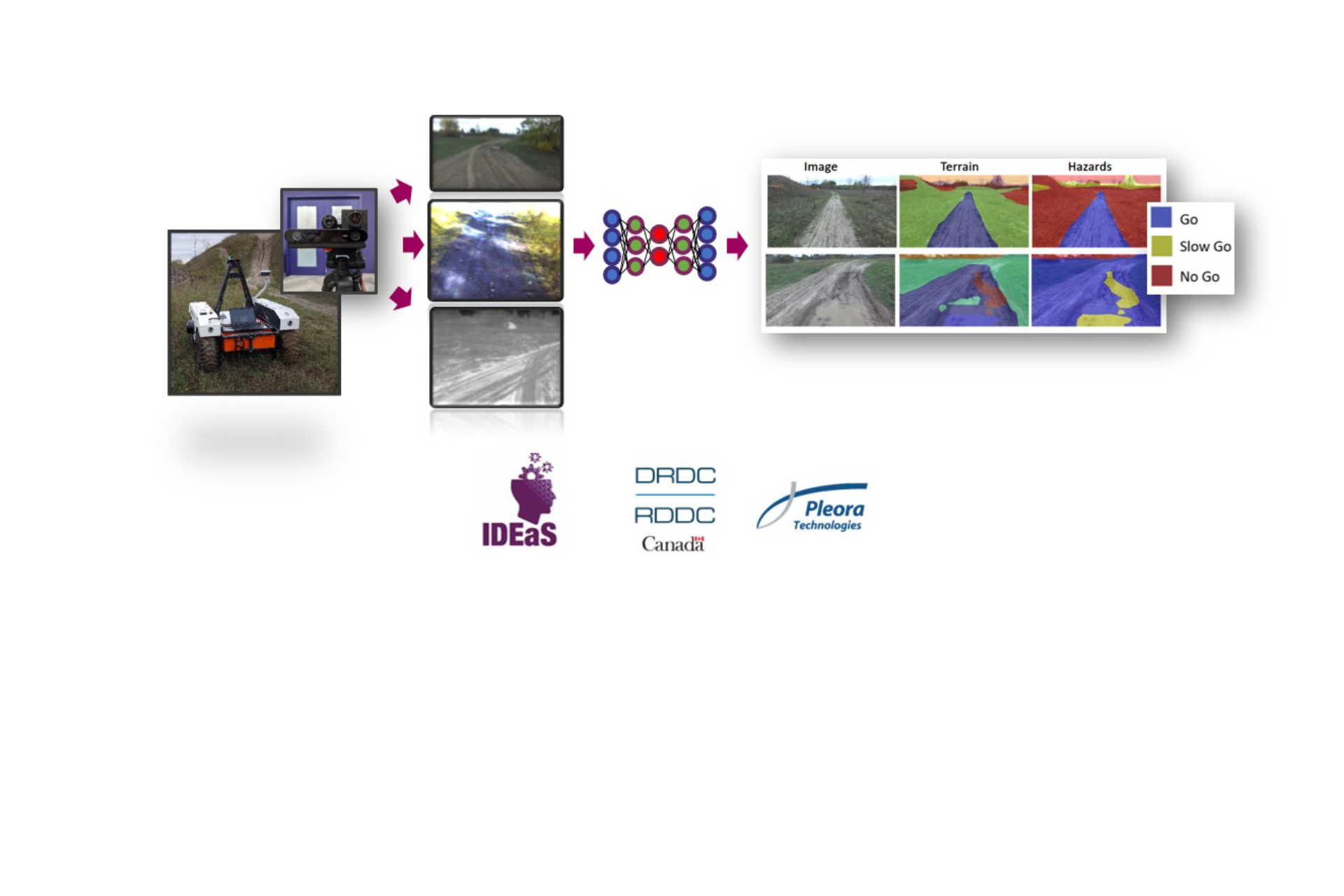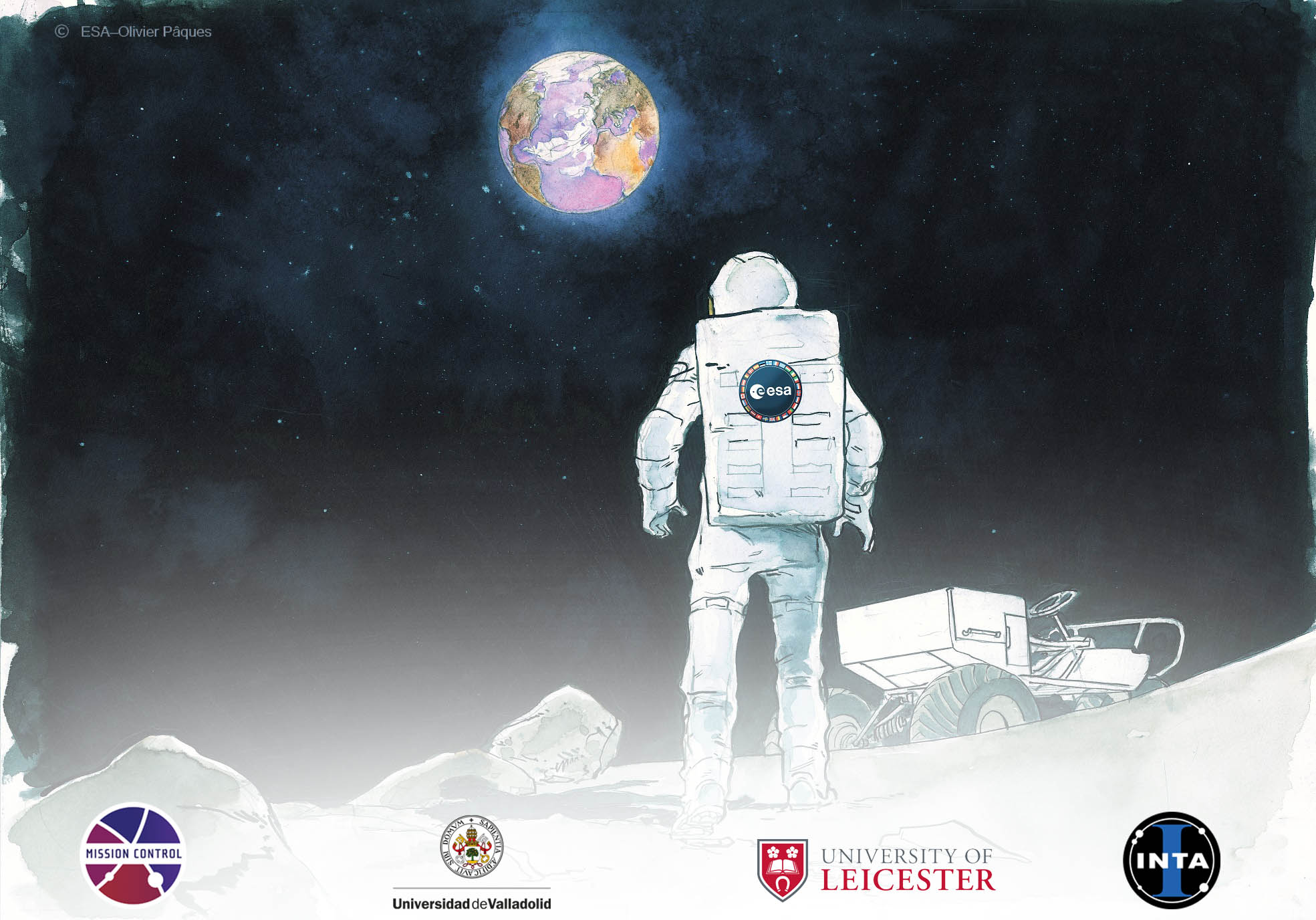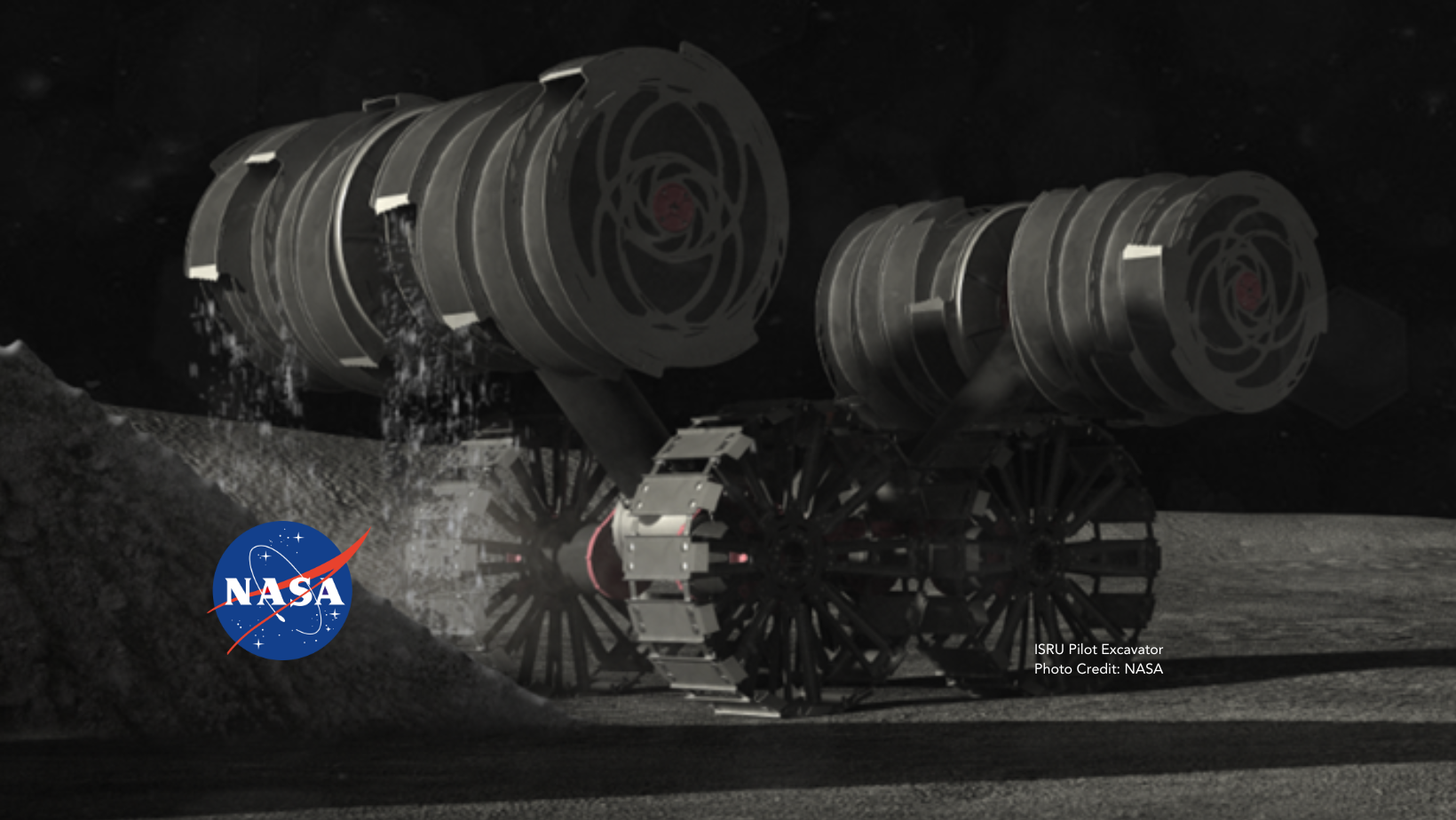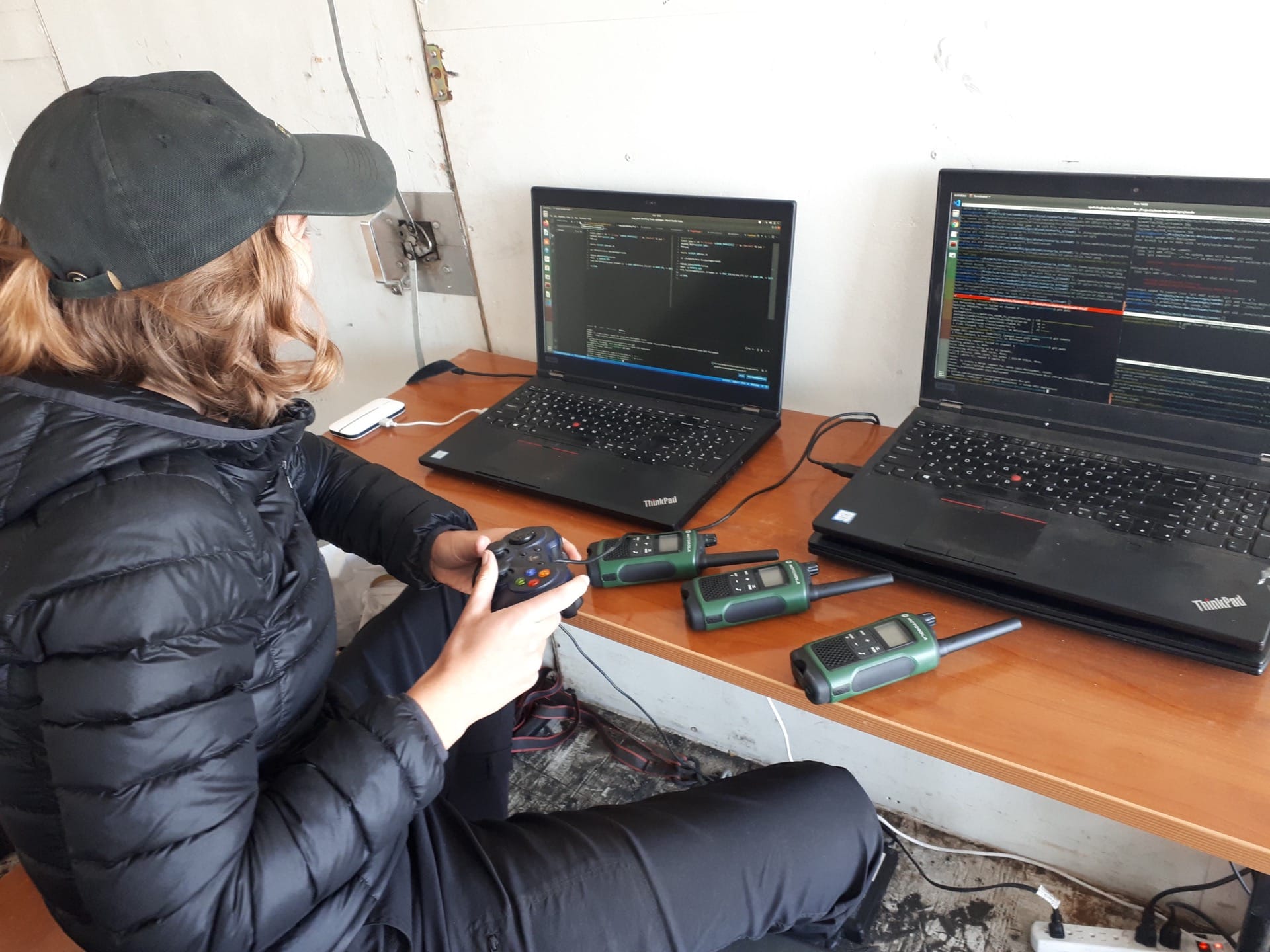The European Space Agency (ESA) awarded Mission Control a funded opportunity to advance new concepts in Cognitive Cloud Computing in the space domain: Mission Control proposed a new distributed computing paradigm for space assets that uses low-power hardware and deep learning computer vision algorithms to provide secondary life stages to space components; creating a robust, versatile distributed computing framework.
With this, Mission Control has developed a simulated lunar network, deployed in our analogue lunar environment, the Moonyard, that uses federated learning to update deep learning algorithms across multiple assets without the need for large data transfers or excessive power use.
Mission Control aims to build software-defined systems that can repurpose compute components and move away from single use spacecraft, helping to eliminate space debris and increase sustainability for future generations.
For further details on how the FRIENDS framework can be used in a lunar operations scenario, please see S. Pillay et al., “Federated Learning on Edge Devices in a Lunar Analogue Environment,” IGARSS 2023 – 2023 IEEE International Geoscience and Remote Sensing Symposium, Pasadena, CA, USA, 2023, pp. 2006-2009, doi: 10.1109/IGARSS52108.2023.10282202.

